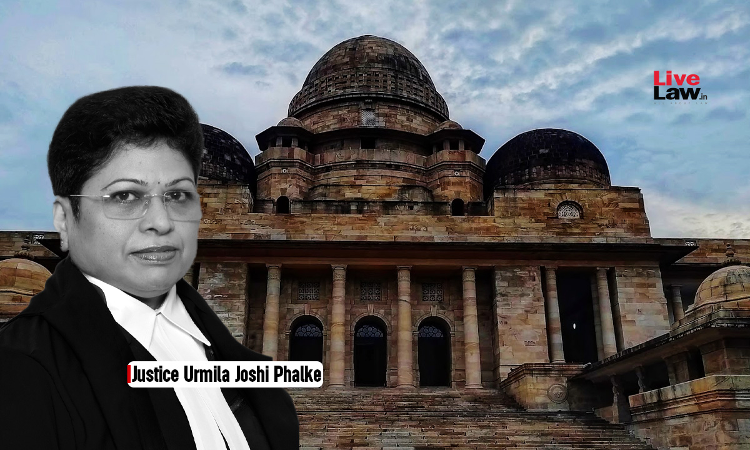- Home
- /
- High Courts
- /
- Bombay High Court
- /
- Discharge Of Public Servant Accused...
Discharge Of Public Servant Accused Of Corruption Due To Invalid Sanction Doesn't Bar Second Trial After Obtaining Sanction: Bombay High Court
Saksham Vaishya
1 Aug 2025 12:30 PM IST
The Bombay High Court has held that where prosecution against a public servant for corruption is initiated without valid sanction from the competent authority, the entire trial stands vitiated; however, a fresh trial is not barred if a valid sanction is subsequently obtained. The Court highlighted that discharge in such a manner will send a wrong signal to society.Justice Urmila Joshi Phalke...
The Bombay High Court has held that where prosecution against a public servant for corruption is initiated without valid sanction from the competent authority, the entire trial stands vitiated; however, a fresh trial is not barred if a valid sanction is subsequently obtained. The Court highlighted that discharge in such a manner will send a wrong signal to society.
Justice Urmila Joshi Phalke was hearing a challenge to the order of discharge passed by the Additional Sessions Judge in favour of the respondent. The respondent was accused of demanding and accepting a bribe of Rs. 2000 for making an entry in the revenue records, after a trap was laid by the ACB pursuant to the complainant's allegations. The respondent had sought discharge on the ground that the sanction had been granted by the Sub Divisional Officer, whereas his appointing and removing authority was the Collector. This argument was accepted in the criminal writ petition.
The discharge was challenged by the State, which argued that an objection to the sanction should have been raised at the earliest, and, after framing of charge, only acquittal or conviction could follow.
The Court observed that the grant of a valid sanction is essential for taking cognisance by the court, and the question about the validity of any such order could be raised at the stage of final arguments after the trial or even at the appellate stage.
The Court noted that the Collector alone was competent to grant a sanction for prosecution. It held that when a sanction is not granted by the appropriate authority, as in this case, the entire trial is rendered void ab initio, and no further proceedings can be sustained on such an invalid basis.
“Section 19(1) of the PC [Prevention of Corruption] Act states that no Court shall take cognizance of an offence punishable under Sections 7, 11, 13, and 15 alleged to have been committed by a public servant, except with the previous sanction,” the court observed.
However, the Court emphasised that the charges of corruption are serious in nature and a discharge on such a ground will give a wrong signal to society:
“… charges of corruption are serious in nature, and when it is alleged against a public servant who agrees to accept an amount while performing his/her public duty. The discharge of the accused on these grounds would give a wrong signal to society.”
Reiterating the observations made in Nanjappa vs. State of Karnataka [2015 ALL MR (Cri) 3318 (SC)], the court held that a second trial is not forbidden upon obtaining a valid sanction.
Accordingly, the High Court upheld the discharge of the accused due to the absence of a valid sanction, but granted liberty to the State to seek an appropriate sanction from the competent authority and, on obtaining the same, to initiate a fresh prosecution in accordance with law.
Case Title: State of Maharashtra v Sanjay [CRIMINAL WRIT PETITION NO.283 OF 2023]



